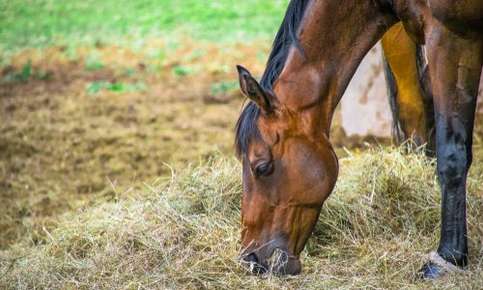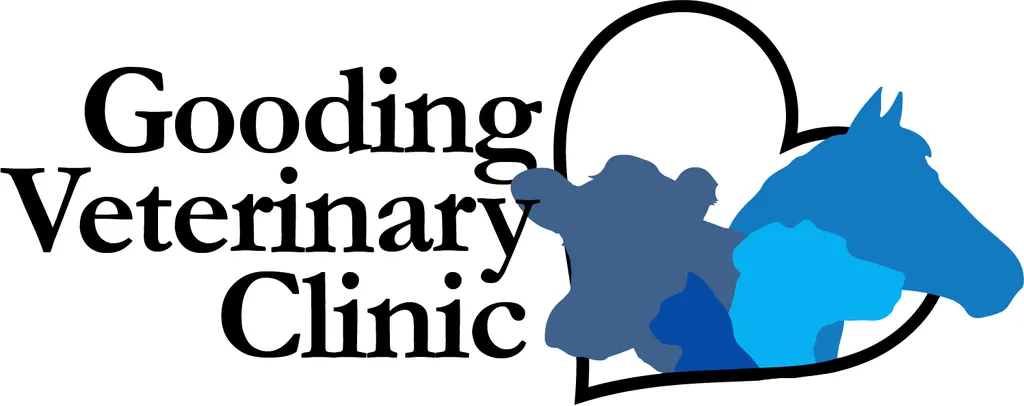
What Types of Nutrients Does Your Horse Need?
A balanced diet is just as essential to your horse's health as it is to yours. No matter what your horse's age, these nutrients are essential for good health and strong bones and muscles.
Water
Adequate water intake is essential for the absorption of other nutrients, digestion, and temperature regulation. Although you may not be able to force a horse to drink, you can make drinking water more tempting by:
- Offering fresh water daily rather than topping off buckets and troughs
- Cleaning buckets and troughs regularly
- Warming water to 50 degrees in the winter
- Using bucket heaters or tank de-icers to prevent water from freezing
- Increasing thirst with salt blocks or electrolyte supplements if your horse doesn't drink enough
- Soaking forage in water to increase water intake if needed
Adult horses may drink 30 or more liters of water per day, although the amount varies depending on your horse's size and activity level. More water will be needed during periods of heavy exertion, when it's hot or if a mare is lactating.
Protein
Protein keeps your horse's muscles and tissues healthy and its coat sleek and shiny. The nutrient is found in alfalfa, clover, soybean meal, linseed/flaxseed meal, and brewer's grains.
The diet of a mature horse should include 8 to 12 percent protein, while a growing horse needs between 12 to 18 percent, according to the University of Georgia Extension.
Carbohydrates and Fats
Carbohydrates provide energy, play an important role in temperature regulation, and help keep your horse's digestive tract healthy. They're found in forage, feed, and grains. Your horse needs both structural and non-structural carbohydrates. Structural carbohydrates provide your horse with fiber and are obtained from grasses and hay, while non-structural carbohydrates are made up of sugars and starches and are found in grains.
Fat, another source of energy, is readily available in commercial feeds and supplements. Depending on the feed brand, fat quantity can range from 2 to 12 percent.
Without enough carbohydrates and fat, your horse may develop an energy deficiency. Signs of an energy deficiency may include lethargy, weight loss, and decreased growth in young horses.
Ensuring that your horse has the right amount of forage for its weight will keep carbohydrates and fats in balance. Horses should consume 1.5 to 2.5% of their body weight in forage, according to The Horse Magazine.
Vitamins
Feeding your horse fresh forage is a simple way to ensure that it receives all of the vitamins needed for good health. B complex vitamins and vitamins A, E and K are found in forage. Horses can synthesize their own vitamin C and get vitamin D from spending time outdoors in the sunshine. Horses that spend all their time in the barn may benefit from vitamin D supplements.
Minerals
Minerals keep your horse's muscles, bones, nerves, and cells healthy. Most horses receive a sufficient amount of key minerals, including magnesium, calcium, phosphorus, potassium, sulfur, and chloride, from forage and feed. After strenuous activity, your horse may benefit from an electrolyte supplement to replace chloride, sodium, and potassium depleted by sweating. Feeds may not contain enough sodium and chloride. Fortunately, making a salt block readily available can prevent deficiencies.
Do you have a question about your horse's nutritional needs or need to schedule an appointment? Contact us and let us know how we can help you.
Sources:
The Horse: Horse Feeding Basics
Rutgers: The Basics of Equine Nutrition
